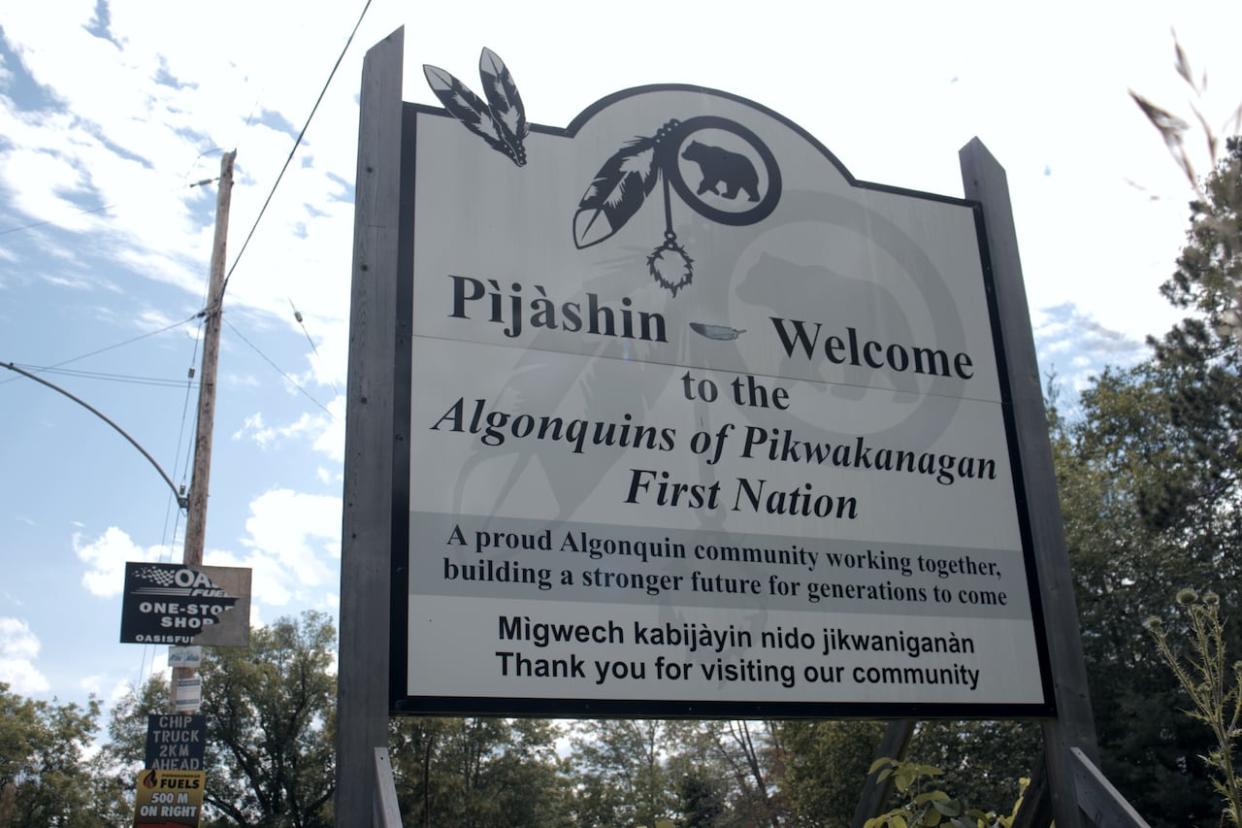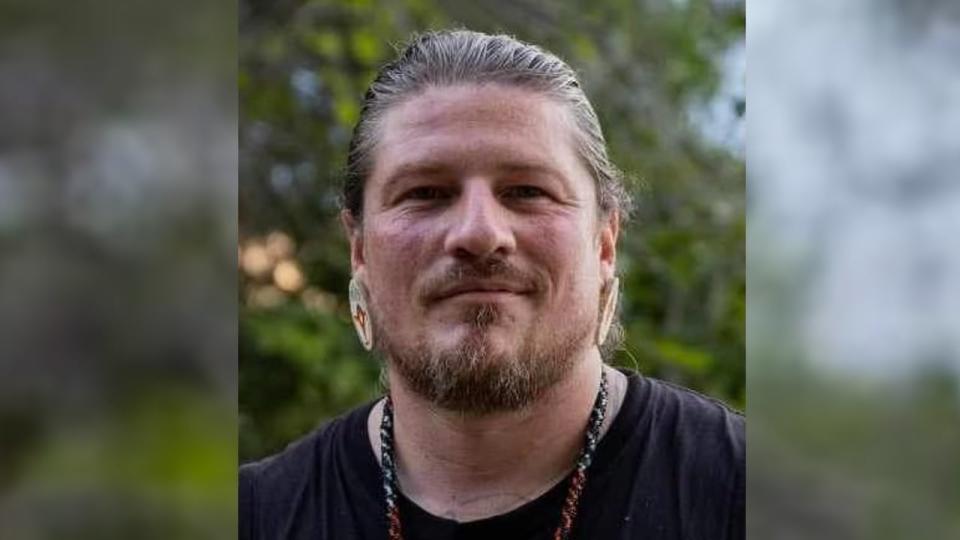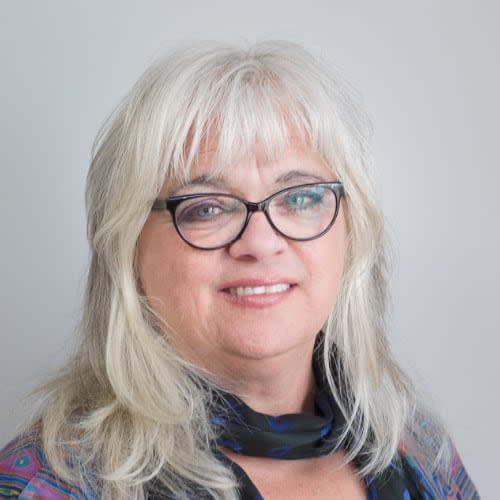Indigenous health circle being formed in Renfrew County

A new health-care initiative in Renfrew County hopes to make services more accessible and appropriate for Indigenous people living off-reserve.
The Ottawa Valley Ontario Health Team, which works to improve health-care delivery in the county northwest of Ottawa, is partnering with the Algonquins of Pikwakanagan First Nation to create an Indigenous health advisory group.
The Indigenous Health Circle will be made up of Indigenous people with experience in the health-care system, including health-care providers, who will advise institutions how to adapt their practices to better meet Indigenous needs.
"Western medicine and Indigenous ways of knowing are different," said Kevin Lamarr, the project lead from Pikwàkanagàn.
"This can hopefully begin the process of integrating Indigenous ways and needs into health care."
It can be particularly difficult, Lamarr said, for Inuit, Métis, and First Nations people living outside of their communities to access services in line with their culture.
The current health system could adapt to be more inclusive, he said.
"It could be as simple as offering the opportunity for smudge for patients in hospitals, access to holistic forms of healing, some land-based healing or traditional ceremony such as sweats," said Lamarr.

Kevin Lamarr is the project lead from the Algonquins of Pikwakanagan First Nation. (Submitted by Kevin Lamarr)
Delivering adequate services in sprawling county can be challenging, said the co-chair of the health team's steering committee.
"When it takes you two hours just to go from one end of the county to the other, it is just hard to organize the services [so that they] exist everywhere," said Joanne King.
That's only half the battle for Indigenous people who also face systemic barriers to accessing those services, she added.
"There's historical harms that underlie people's memory and knowledge, and those wounds that haven't all been healed," King said.
King said she believes part of building trust with Indigenous communities will need to include encouraging more young Indigenous people to train for health-care professions.
More immediately, she said health-care institutions need to offer culturally appropriate care.

Joanne King is the co-chair of the team's steering committee. (Submitted)
While Pikwakanagan has worked hard to develop robust health care for people living there, those services need to be available to people living elsewhere, said Peggy Dick, the community's manager of health services.
"We want to work with our partners … to improve health care overall for Indigenous people," said Dick, who's worked as a registered nurse for more than 25 years.
"Dealing with racism will be a component in ensuring cultural safety."
Lamarr said he has not experienced this racism himself while accessing care, but has seen it happen elsewhere.
He points to Joyce Echaquan's death in a hospital near Montreal shorty after filming hospital staff making derogatory comments as a tragic example.
"That's the stuff that needs to stop," he said. "People need to understand and be aware and have knowledge of that."
1st step is consultation
The first step will be to hold four community feedback sessions where local Indigenous people can share their experiences accessing health care and opinions on what the health circle should prioritize.
"Who's going to know where it's lacking the most but the person who has to experience it?" Lamarr said. "The goal is to identify members that can sit on that circle and become the voice of the Indigenous population."
The four sessions are:
Jan. 31 at the Renfrew Legion.
Feb. 7 at the Best Western in Pembroke.
Feb. 21 at the Petawawa Civic Centre.
Feb. 28 at the Deep River Recreation Centre.


